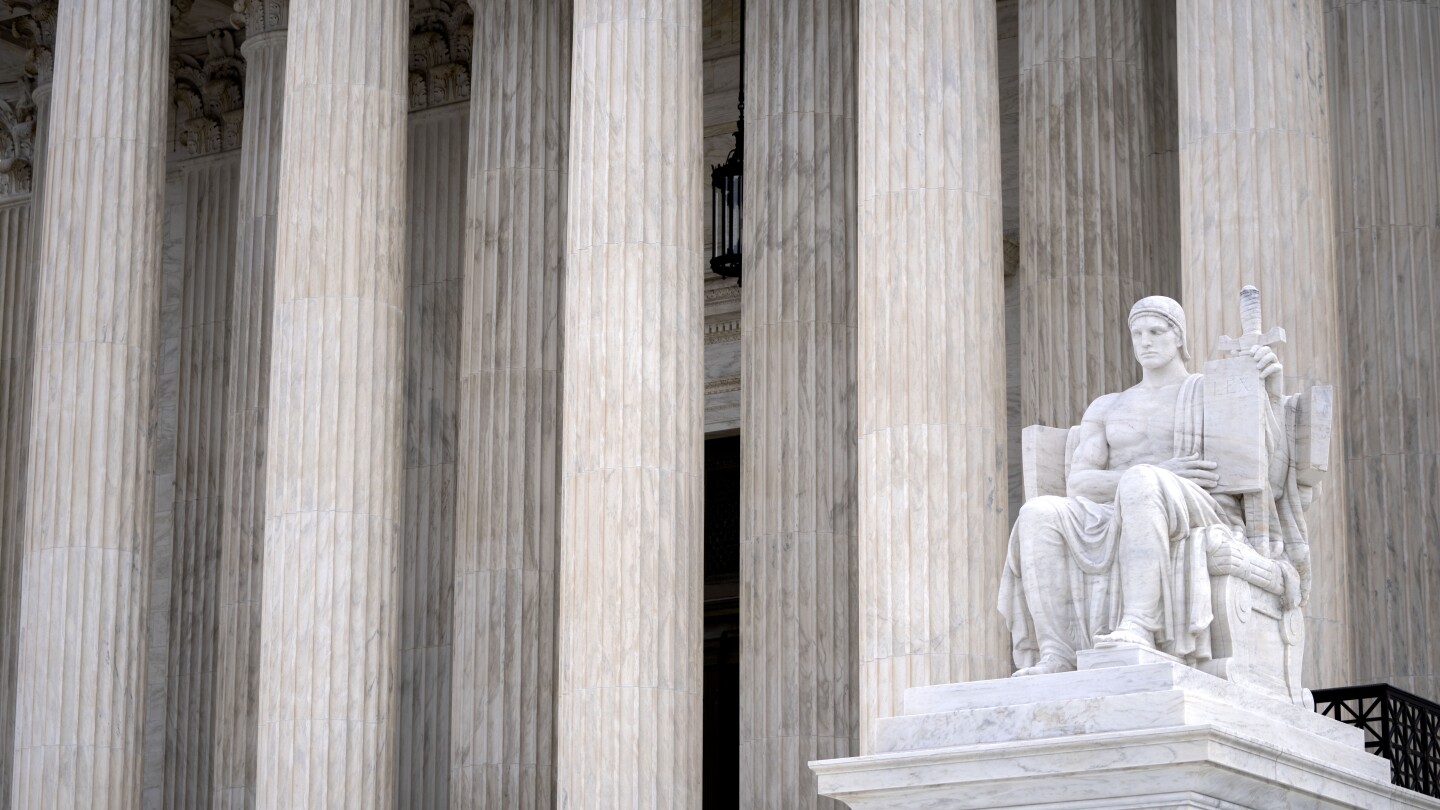The Supreme Court cast doubt Monday on state laws that could affect how Facebook, TikTok, X, YouTube and other social media platforms regulate content posted by their users. The cases are among several this term in which the justices could set standards for free speech in the digital age.
In nearly four hours of arguments, several justices questioned aspects of laws adopted by Republican-dominated legislatures and signed by Republican governors in Florida and Texas in 2021. But they seemed wary of a broad ruling, with Justice Amy Coney Barrett warning of “land mines” she and her colleagues need to avoid in resolving the two cases.
While the details vary, both laws aimed to address conservative complaints that the social media companies were liberal-leaning and censored users based on their viewpoints, especially on the political right.



There seems to be no way SCOTUS could side with the states on this one. How do you write an opinion basically agreeing to force speech on private industry? Looking forward to reading Thomas and Alito’s tortured dissent
States have compelled speech from companies before. Broadcast licenses are the best example.
What this likely boils down to is whether section 230 of the communications decency act is constitutional. It shields internet based companies from liability, while they act as both publishers and distributors. It also bars states from making laws that result in these companies being liable. One or both of those things could be struck down.
Aren’t broadcast licenses the government entering into a contract with a private entity to allow that entity to use broadcast spectrum? Seems a no-brainer the government can have influence on the usage of that spectrum. This issue entails no such agreement or government involvement
There’s also the FTC or FDA rules about advertising, and product labeling. California requiring the cancer label. The numerous laws around alcohol and tobacco advertising. Gambling help lines.